If exercise is rubbish for burning calories, then why do it?
First of all, yes, exercise is sub-optimal for burning calories. In an hour of strength (resistance) training, you are only likely to burn an additional 150-300 calories, and cardiovascular training (cycling, running etc.) may only push this number up to 400-600 calories per hour. (please be aware these estimates will vary based on your body composition, and the intensity of your training). Regardless of the exact number of calories burned during exercise, it’s a rather paltry amount in the grand scheme of things, and is very rarely going to be the difference in terms of whether or not we are able to maintain (or attain) a healthy weight.
So, what’s the point then? Well the point is, exercise should have never been sold to you (or anyone) as the silver bullet in terms of weight loss, but rather the silver bullet in terms of pretty much everything else. The benefits of regular exercise are numerous and varied, and far outweigh the perceived negative of it not being the thing that helps you lose that excess weight you want to shift (except in very particular circumstances). Exercise should not be about how many calories you burn, but what you are able to do, and how it makes you feel. Those should be your reference points at the end of each session, not a (potentially arbitrary) number.
Regular physical activity is just about the best thing you can do for your overall long-term health. It is linked to decreased risk of chronic disease, and better long-term health outcomes, including decreased risk of all-cause mortality. It is helpful in preventing cardiovascular disease, diabetes, and some forms of cancer (notably breast and colorectal cancers) - which are all major and widespread diseases in our society. Further than this, it is also linked to better outcomes in the event of developing chronic disease, so not only can it reduce your risk of disease, but also potentially lead to more positive outcomes in the event of chronic disease (1).
These effects have been shown even in the absence of weight loss in overweight individuals. So, if you have been exercising to try and illicit weight loss and are disappointed by the lack of results, please don’t be! Even if you aren’t losing weight, exercising regularly is still going to be improving your overall health (and remember, we can’t ascertain someone’s health just by looking at them). Those hours exercising were definitely not a waste of time, even if they didn’t help you achieve a weight loss goal: “Despite only modest effects on body weight, exercise and ad libitum nutrient-dense diets for overweight/obese individuals have many health benefits, including skeletal muscle adaptations that improve fat and glucose metabolism, and insulin action; enhance endothelial function; have favorable changes in blood lipids, lipoproteins, and hemostatic factors; and reduce blood pressure, postprandial lipemia and glycemia, and proinflammatory markers.” (2)
Exercise is the magic bullet when it comes to our health, but not because of how many calories you burn while doing it. And so far, only physiological markers of health have been covered - but those are not the only areas where exercise is beneficial. Regular physical activity is (obviously) important for our physical wellbeing - whether it be increasing our cardiovascular fitness, or our physical strength and mobility. Improving these things can have a profound effect on our overall quality of life - and every day we not only see this progress in the gym with our members, but they also tell us how it affects other parts of their lives (whether it be carrying the shopping, being able to go on a hike, being able to keep up with their kids etc.)
Sometimes people think that lifting weights is about vanity, or has little application outside the gym - but if you’re getting stronger, fitter and more mobile inside the gym, you will also see that same progress outside the gym, too. The same goes for whatever facet of fitness you are working on; cardio, mobility, skill, balance… if you’re getting better in the gym you’re also getting better out of the gym. This is often one of the most motivating factors for a lot of our members - after a few months of regular exercise, they notice the benefits throughout their entire lives, not just during those few hours of exercise this week. Quite rightly, this makes them feel really good.
Feeling good is the last benefit that I’m going to touch on, and one that should not be underestimated. Regular exercise can make you feel great, both physically and mentally, and for many people is an important part of their wellbeing and mental health. It’s likely that you’ve heard of endorphins - a group of neurotransmitters in the brain that increase feelings of pleasure and reduce feelings of pain - which are associated with exercise. Speaking from personal experience, the feeling you get after exercise - no matter how intense or gentle that exercise is - can really transform and improve your day. The mental health benefits of exercise have been especially important to both ourselves and our members at Core Training throughout the course of the pandemic these past 20 months - and particularly during some of the lockdowns, we were able to be a constant for many of our members, even though we were ‘only’ training them virtually. I’m sure many would agree that exercise can be a great help at particularly tough times.
These feelings of wellbeing are not strictly limited to the physical exploit of exercise, but also due to the often social nature of exercise and physical activity. Whether it is going to the gym, being a member of a sports team, or going for a run with a friend, exercise can be an incredibly social activity. Training with others is both fun, and motivating - and can even lead to better results and progress from your exercise (3). Now being purely anecdotal, the enjoyment and performance of our members in group sessions is incredible to see, and the importance of the social element is clear to us. Training a group can foster feelings of togetherness and camaraderie, and particularly in this ‘work from home’ era, allows people some much needed social contact. At Core Training at least, our group and semi-private sessions have a wonderful atmosphere, filled with support, positivity and teamwork.
Ultimately, the idea of using exercise primarily as a method for burning calories is a dangerous one, which can lead to a poor relationship with both exercise, and your own body. Instead, see exercise as a chance to see what your body is capable of, and to improve your overall health - which is far more than just a number on a scale. Regular physical activity and exercise is the best thing you can do for yourself, and your long-term health: it really is that simple.
Kruk, Joanna. “Physical activity in the prevention of the most frequent chronic diseases: an analysis of the recent evidence.” Asian Pacific journal of cancer prevention : APJCP vol. 8,3 (2007): 325-38.
Gaesser, Glenn A et al. “Exercise and diet, independent of weight loss, improve cardiometabolic risk profile in overweight and obese individuals.” The Physician and sportsmedicine vol. 39,2 (2011): 87-97. doi:10.3810/psm.2011.05.1898
Wayment, Heidi A, and Rachael L McDonald. “Sharing a Personal Trainer: Personal and Social Benefits of Individualized, Small-Group Training.” Journal of strength and conditioning research vol. 31,11 (2017): 3137-3145. doi:10.1519/JSC.0000000000001764


